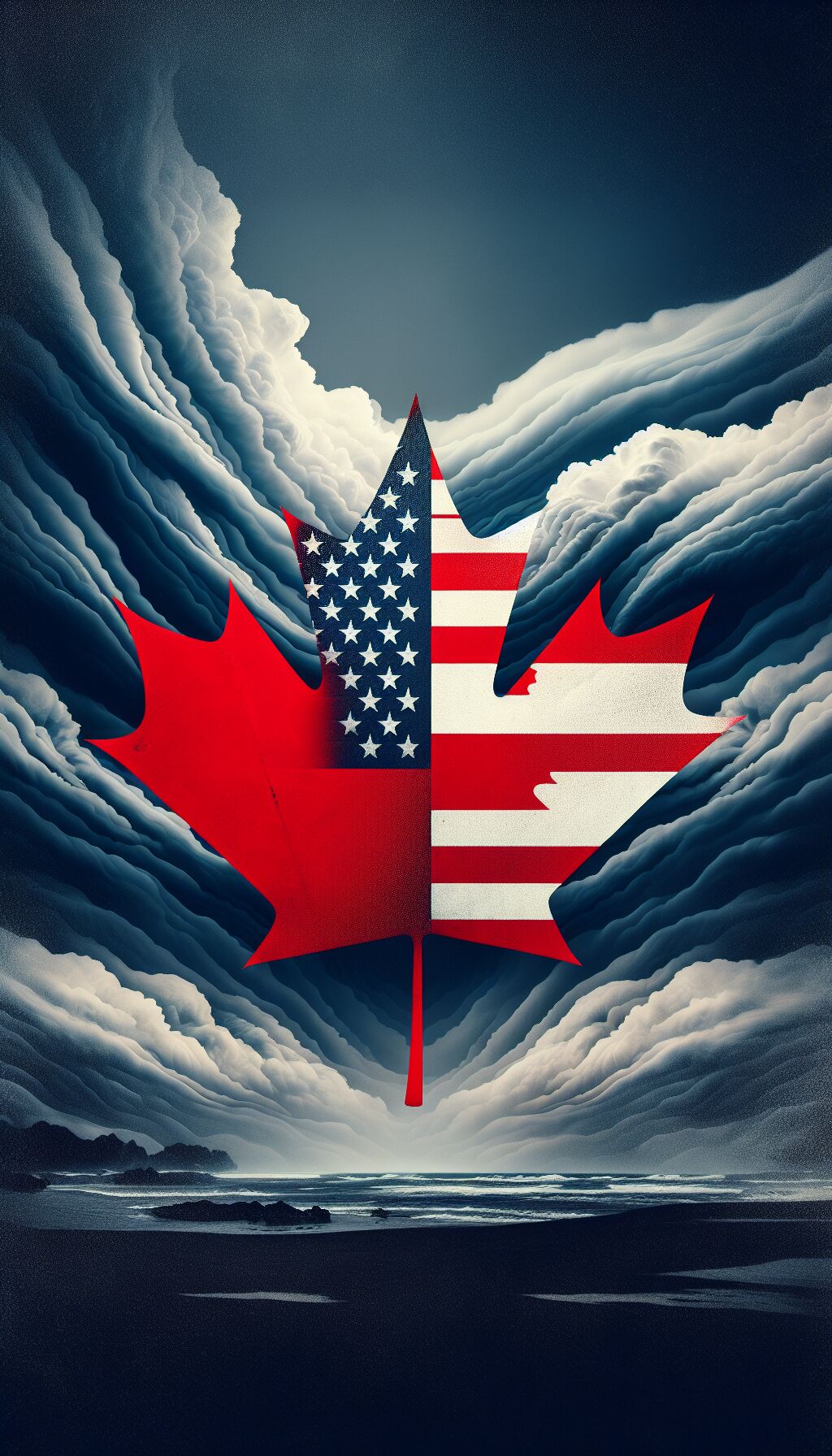Trump Calls for Canada to Become the 51st State Amid Trade Tensions
President Suggests Economic Pressure as a Path to Integration
Statements on TRUTH Social
On Sunday, former President Donald Trump revived his provocative suggestion that Canada should become the 51st state of the United States. His remarks were part of a broader commentary on trade relations and economic subsidies, which he claims unfairly benefit Canada at the expense of American taxpayers.
In a post on TRUTH Social, Trump stated, “We pay hundreds of billions of dollars to SUBSIDIZE Canada. Why? There is no reason.” He argued that the U.S. has sufficient resources, declaring, “We have unlimited energy, should make our own cars, and have more lumber than we can ever use.” Trump concluded his comments with the stark assertion that without these subsidies, “Canada ceases to exist as a viable country. Harsh but true!”
The Case for Becoming the 51st State
Continuing his argument, Trump urged that Canada should become the “Cherished 51st State.” He claimed this would result in “much lower taxes, and far better military protection for the people of Canada – AND NO TARIFFS!” His rhetoric reflects longstanding concerns about trade deficits and economic imbalances between the U.S. and its northern neighbor.
These comments come amidst months of escalating tensions regarding tariffs and trade regulation. President Trump has explored various strategies to exert economic pressure on Canada, positioning the notion of Canadian statehood as a potential solution.
Tariffs and Trade Decisions
Trump’s stance on tariffs escalated over the weekend when he signed an executive order imposing a 25% tariff on goods entering the United States from Canada, citing issues related to the flow of illicit drugs across the northern border. He stated the order would also impose a 10% duty on energy imports from Canada, underscoring the administration’s commitment to addressing what he described as a national emergency.
The order included alarming rhetoric, claiming that “gang members, smugglers, human traffickers, and illicit drugs of all kinds have poured across our borders and into our communities.” He noted that “Canada has played a central role in these challenges,” blaming their lack of substantial effort in law enforcement cooperation for exacerbating the drug crisis in America.
Wider Implications for Trade
In addition to Canada, Trump extended similar tariffs to goods from Mexico, stating he would also impose a 25% tariff, alongside a 10% duty on imports from China due to the ongoing drug flow issues. This broader approach illustrates Trump’s administration’s prioritization of border security and national sovereignty as it relates to trade agreements.
Reactions from Canadian and Mexican Leaders
The aggressive trade measures swiftly prompted responses from Canadian Prime Minister Justin Trudeau and Mexican President Claudia Sheinbaum. Both leaders vowed to retaliate against the American tariffs, emphasizing the long-standing trade partnerships that exist between their countries.
Sheinbaum rejected Trump’s characterization of Mexico’s relationship with criminal organizations, asserting that her government is prepared to take “tariff and non-tariff measures in defense of Mexico’s interests.” Trudeau also announced that Canada would impose 25% tariffs on 5 billion worth of U.S. goods, with immediate tariffs impacting billion worth of goods effective Tuesday, followed by further tariffs on 5 billion in the following weeks.
Canadian Government’s Stance
Kirsten Hillman, the Canadian Ambassador to the U.S., weighed in on the situation during an interview with ABC News’ “This Week.” She remarked, “I don’t think we’re not at all interested in escalating, but I think that there will be a very strong demand on our government to make sure that we stand up for the deal that we have struck with the United States.” This statement highlights the delicate balance both countries must navigate in maintaining beneficial trade relations while addressing emerging conflicts.












